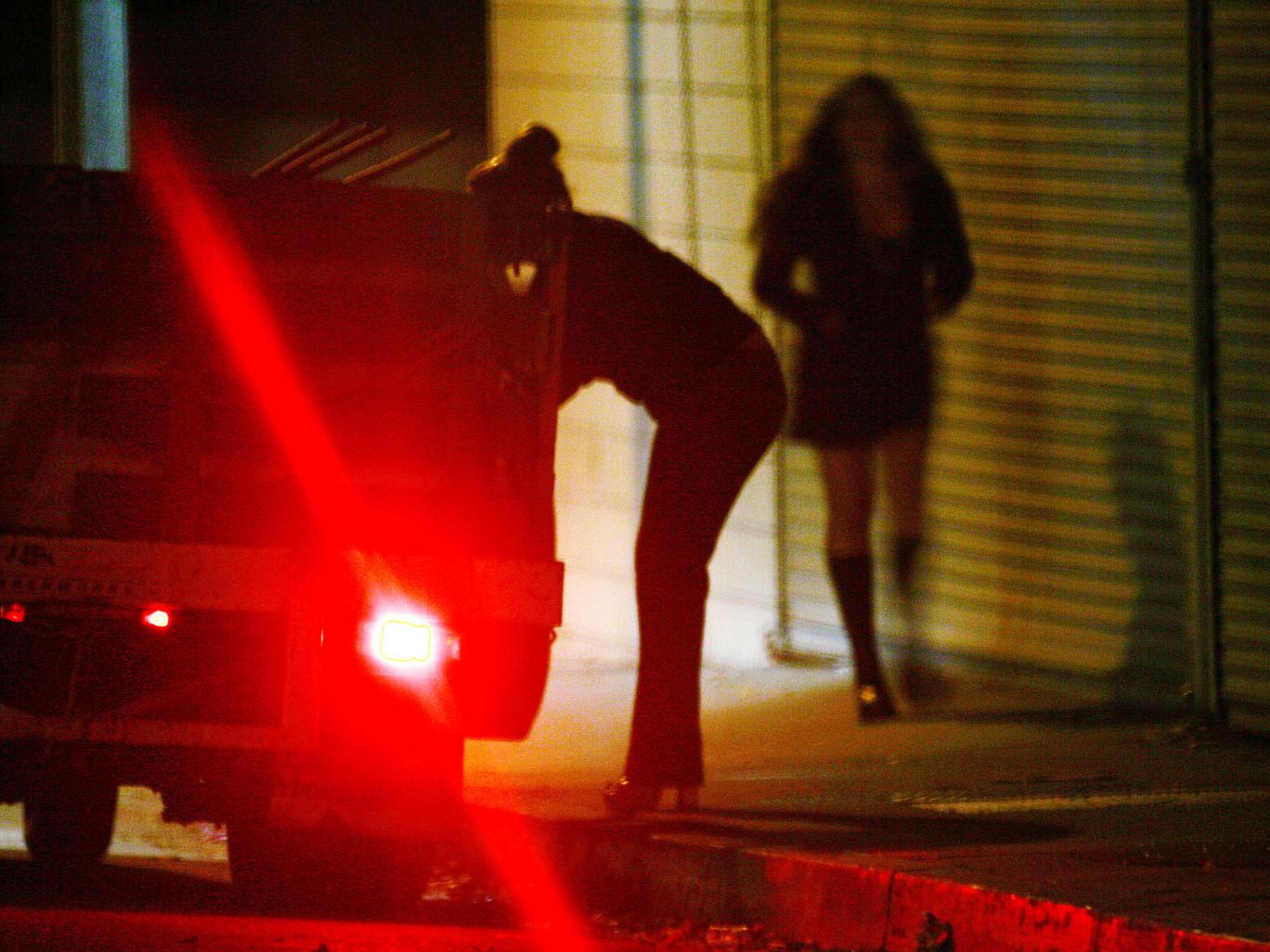British prostitutes warn that criminalising clients would reduce safety

Exclusive: More than nine out of 10 say they are against criminalising the buying of sex
Britain’s prostitutes fear any attempt to criminalise their clients would have “disastrous consequences” for their safety and could put lives in danger.
More than nine out of 10 say they are against criminalising the buying of sex and eight out of 10 fear it would impact on their safety, according to the biggest ever survey of the nation’s sex workers on legislation.
The findings of the survey, seen by The Independent, are being revealed as the Commons Home Affairs Committee begins accepting evidence for a controversial inquiry into prostitution laws.
The wide-ranging inquiry by the committee, led by Labour’s Keith Vaz, will assess whether the burden of criminality should shift from those selling sex to those who are paying for it.
Some including the Conservative MP Fiona Bruce are calling for buying sex to be criminalised under laws similar to those in Sweden, saying it could end the exploitation of vulnerable women.
But the idea has drawn an angry response from Britain’s sex workers, who say they fear it could put them in danger.
Around 96 per cent of those who took part in the survey by National Ugly Mugs, a project that seeks to end violence against sex workers, said people should not be criminalised for buying sex from a consenting adult and 82 per cent said they would feel less safe if the law were introduced.
More than 200 sex workers took part in the survey, along with 52 organisations that offer frontline services to between 20 and 2,000 sex workers.
One sex worker said: “Criminalising the purchase of sex will make me less safe at work. Anything that makes my clients more apprehensive prohibits me from screening them thoroughly and therefore impacts my security. If my clients were criminalised, I wouldn’t stop selling sex. I would continue to do so in a more dangerous context and I would potentially feel compelled to take bookings I would previously have rejected in the interests of my safety.”
More than one sex worker is raped or attacked every day in Britain, according to figures from 2014. London has the highest number of incidents – more than two a week. A man was arrested last weekend after a prostitute was found dead in a flat in Aberdeen.
The act of buying and selling sex is not currently illegal in England and Wales, although many activities associated with prostitution are illegal. They include activities linked to exploitation, such as managing a brothel, and activities that can cause a public nuisance, such as buying or selling sex in public.
Campaigners are calling for prostitution to be decriminalised as in New Zealand, which they say has improved safety for sex workers. More than 67 per cent of sex workers who took part in the survey said they wanted prostitution to be decriminalised in that way. Less than three per cent said they wanted to see the introduction of a “sex buyer law”.
Политика конфиденциальности | Правила пользования сайтом







